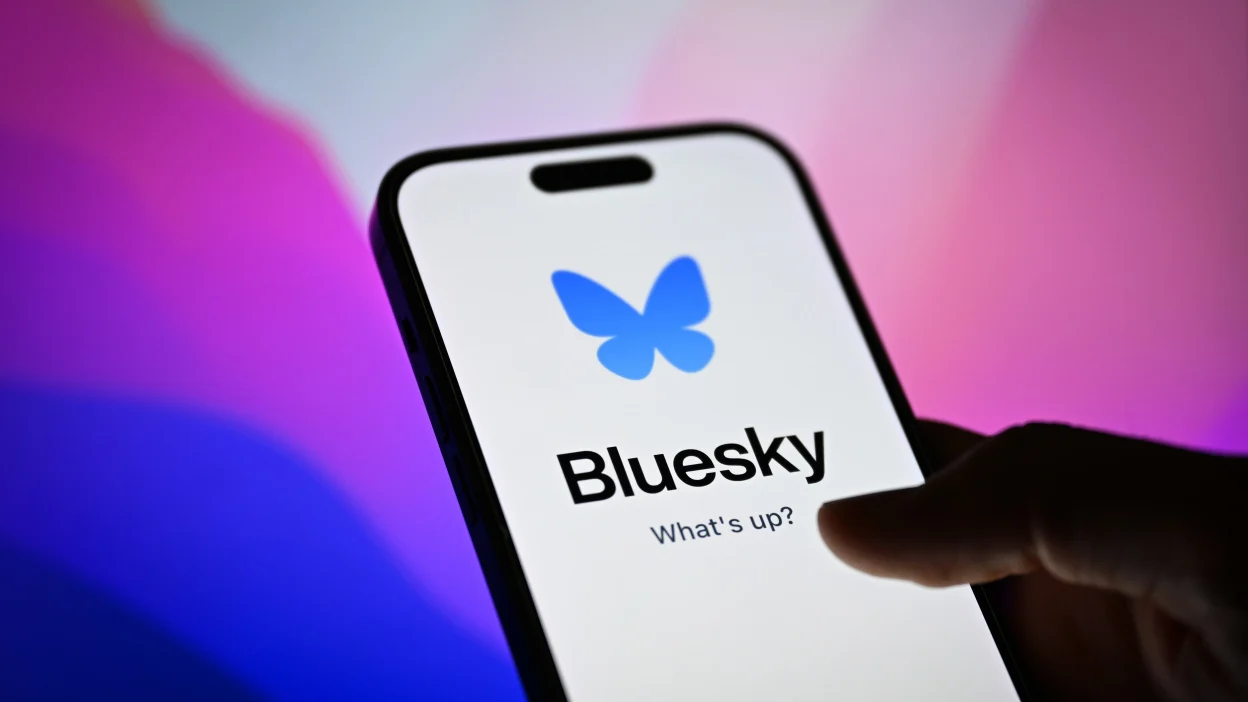BlueSky has revealed how it plans to make money without relying on ads. The platform will remain free for everyone, though it is working on a premium subscription that will provide access to profile customization tools (remember when MySpace offered this for free?) and higher quality video uploads.
One thing you won’t get as a paying user, however, is any preferential treatment. Unlike some other social platforms, BlueSky won’t boost the visibility of premium members’ posts. Nor will they get any kind of blue check, according to chief operating officer Rose Wang.
In addition, BlueSky is planning a tip jar of sorts for creators. “We’re proud of our vibrant community of creators, including artists, writers, developers, and more, and we want to establish a voluntary monetization path for them as well,” it said in a blog post. “Part of our plan includes creating paid services for people to support their favorite creators and projects.” BlueSky will reveal more details going forward, though it’s unclear whether the platform plans to take a cut of any such payments.
BlueSky revealed its initial monetization plans in the announcement of its Series A funding round. It has raised $15 million from investors. Even though the lead investor in this round is Web3 VC company Blockchain Capital, BlueSky “will not hyperfinancialize the social experience (through tokenization, crypto trading, NFTs, etc.).”
“BlueSky is operated by a 20-person core team, moderators, and support agents,” Wang wrote on BlueSky. “Our biggest costs are the team and infrastructure. Subscription revenue allows us to improve the app, grow the developer ecosystem, and gives us time to explore business models beyond traditional ads.”
The platform now has more than 13 million users, many of whom disaffiliated from X following that service’s temporary ban in Brazil. (Analysts at AppFigures estimate that 3.6 million BlueSky app downloads came from Brazil, about 36 percent of the total figure.) Others switched after X made some changes to its platform, including improvements to the way the block function operates.
According to users of both BlueSky and 404 Media, Meta appeared to be blocking links to Pixelfed, a decentralized photo-sharing platform, on Facebook. A small group of posts linked to “pixelfed.social” were removed, using Facebook’s “community standard on spam” as justification.
When asked to comment, a Meta spokesperson said the removal of the posts was a mistake and that they would be reinstated.
Pixelfed runs on the ActivityPub protocol and is part of the wider “Fediverse” of decentralized posting platforms. It works a lot like Instagram in giving you the ability to share, like, and comment on images, but since it’s on ActivityPub, your posts can appear in other apps or be ported over to a completely different take on photo sharing if you prefer. Meta is slowly adopting parts of ActivityPub in Threads, which makes it possible to post on Threads and Mastodon at the same time, for example.
The timing of these deletions is enough to make anyone suspicious. Meta has recently announced dramatic changes to the way it moderates speech on its platform. The company decided last week to end its third-party fact checking program and change its hateful conduct policy. The company’s loosened standards now allow speech that would be defined as hateful under any normal circumstances, based on facts discovered by Wired.
It’s not unreasonable to imagine that users might consider moving to an alternative like Pixelfed in response, and the platform shared on Saturday that it was “seeing unprecedented levels of traffic on pixelfed.social.” It’s also not unreasonable to imagine that the new right-wing meta might preemptively block its competitors, just as X did with links to Mastodon and Substack.
